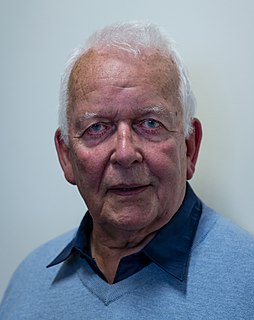Top 42 Quotes & Sayings by Andrew Davies
Explore popular quotes and sayings by a British writer Andrew Davies.
Last updated on April 15, 2025.
Most actors hate readthroughs - they're exposing themselves before they're ready to, and before they've bonded. But I love them because they give us all the first inkling of what the whole show is going to be like, how each part affects every other part, and we won't see that again until it's all edited together.






















